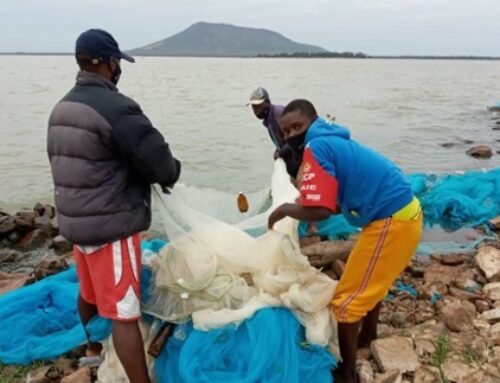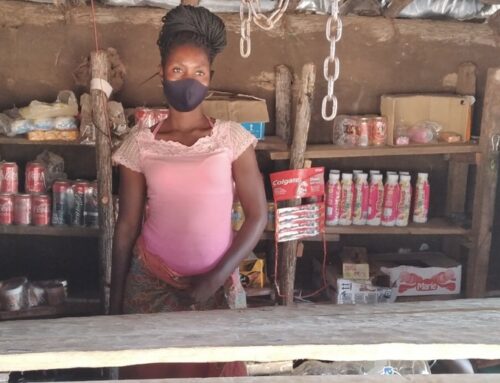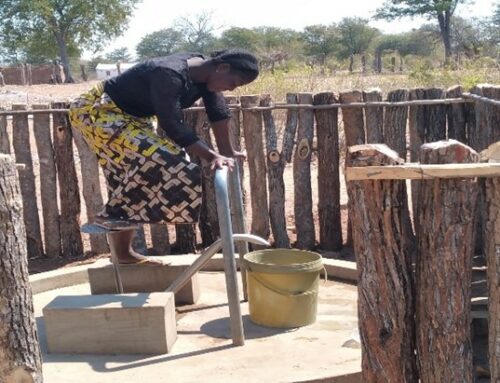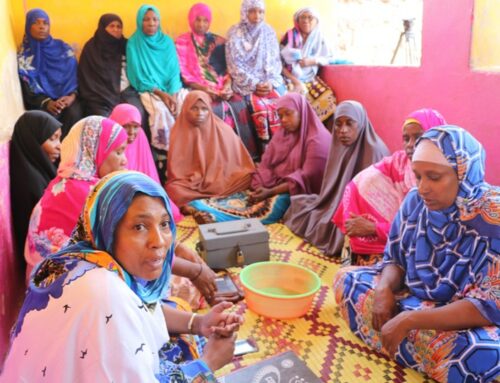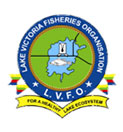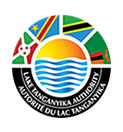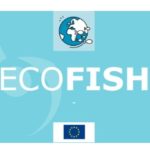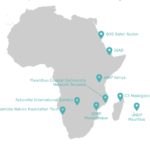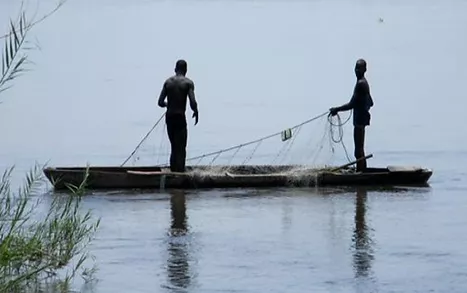
Over 7,000 families, scattered in Ethiopia and particularly Kenya, depend on pastoral activities and fishing around Lake Turkana. They are proud and protective of this ecosystem, which is the 4th largest lake in Africa and the largest desert lake in the world.
However, these populations are not using the full wealth potential within their reach. Indeed, Lake Turkana could provide them with over 30,000 tons of fish per year. Yet, annual catches from its waters are estimated at only 5,000 tons per year, less than 1/6 of its potential. This underutilization represents a significant shortfall in terms of nutrition and economy for the region. Fish, which should be a source of development, die of old age.
With this in mind, IGAD, with the support of the European Union grant under the ECOFISH Programme, has launched an initiative to improve the sustainable utilization, development, and management of Lake Turkana.
« The process we have adopted includes consultation of beneficiary populations in the activities to be carried out because it is the only approach to ensure a real impact on the ground« , explains Dr. Eshete Dejen, IGAD’s Program Manager for Environment Protection.
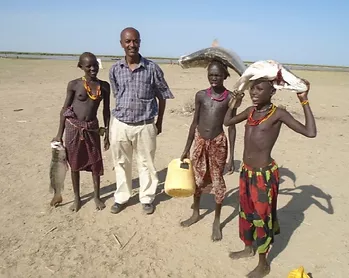
As a first step, consultation workshops were carried out in Jinka, Ethiopia, and Naivasha, Kenya. These meetings were attended by fishermen’s cooperatives, beach management units, and other fishermen representatives who appreciated the fact that IGAD is consulting them. They also expressed their desire to keep contributing to the development of a common fisheries management plan and decision-making.
« The discussions during these meetings helped identify the main challenges which hamper the effective use of Lake Turkana’s resources, » says Dr. Wassie Anteneh, Regional Expert in Fisheries Management. These challenges include lack of infrastructure, poor marketing system, limited fishing equipment, high post-harvest loss, and conflicts. The attendees also mentioned that the support they get from national governments in both countries is limited, which fisheries experts in both countries confirmed.
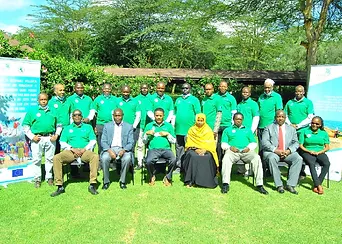
The management of Lake Turkana fisheries needs to be addressed collectively by the two neighbouring countries. IGAD, as an intergovernmental authority, is well suited to facilitate the establishment of bilateral forums and build a data-sharing system between the two countries.
Lake Turkana has received very little attention compared to other African great lakes because of its remote location. The fishers’ communities’ representatives are grateful for the IGAD/ECOFISH Project as it promotes efficient fishing on the lake, harmonizes policies and regulations in Ethiopia and Kenya, and develops a sustainable fisheries management system. Moreover, fishermen’s communities are pleased with the capacity-building the Project offers, as it increases awareness of the nutritional importance of fish for human health while improving marketing.
